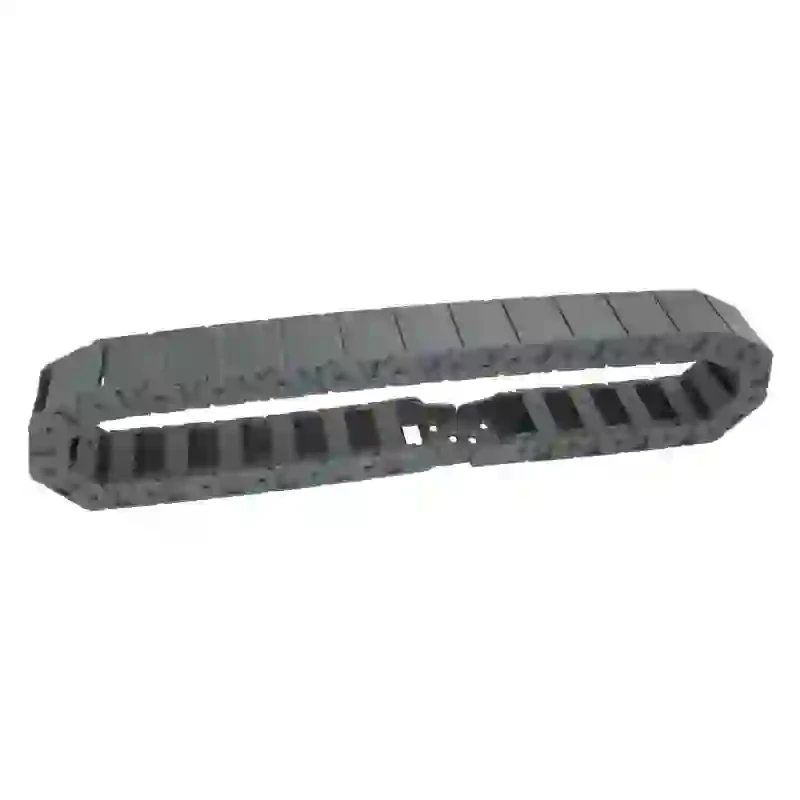cnc machine bellow covers
Understanding CNC Machine Bellow Covers Importance, Types, and Maintenance
CNC (Computer Numerical Control) machines are pivotal in modern manufacturing, enabling high precision and efficiency in the production of various components across multiple industries. One of the critical components that significantly contributes to the longevity and performance of these machines is the bellow cover. In this article, we will delve into the importance of CNC machine bellow covers, the different types available, and best practices for their maintenance.
Importance of Bellow Covers
Bellow covers serve as protective barriers for CNC machines, shielding the delicate internal components from debris, coolant, dust, and other contaminants that can cause wear and tear. The main functions of bellow covers include
1. Protection Bellow covers protect vital components such as ball screws, linear guides, and other moving parts from external materials that can lead to malfunctions or reduced accuracy.
2. Safety By enclosing moving parts, bellow covers enhance workplace safety, minimizing the risk of accidents caused by exposed machinery.
3. Longevity Properly maintained bellow covers help extend the life of CNC machines by preventing damage from contaminants. This reduces downtime and maintenance costs, contributing to overall operational efficiency.
4. Noise Reduction In some cases, bellow covers can also contribute to noise reduction, creating a quieter work environment.
Types of Bellow Covers
There are several types of bellow covers that cater to different machine applications and operational needs. The most common types include
1. Fabric Bellows Made from durable synthetic fabrics, these bellows are lightweight and flexible. They are often used in environments with minimal exposure to harsh conditions.
2. Metal Bellows Constructed from metals such as stainless steel, metal bellows provide robust protection in extreme environments where heat and chemicals are common. They offer a longer lifespan due to their resistance to wear.
cnc machine bellow covers

3. Polyurethane Bellows These are highly versatile and often used in CNC machines. Polyurethane bellows have excellent resistance to abrasion and can withstand various environmental challenges.
4. Custom Bellows For unique applications, custom bellow covers can be designed to meet specific dimensions and operational requirements. This is particularly useful in specialized machinery that may not fit standard sizes.
Maintenance of Bellow Covers
To ensure the effectiveness and longevity of bellow covers, regular maintenance is essential. Here are some best practices
1. Regular Inspection Conduct periodic checks for signs of wear, damage, or deformation. Early detection of issues can prevent more significant problems down the line.
2. Cleaning Dirt and debris can accumulate on bellow covers over time. Cleaning them regularly helps maintain their integrity and functionality. Use appropriate cleaning methods that do not damage the material.
3. Lubrication For certain types of bellow covers that have mechanical components, ensure that they are properly lubricated to facilitate smooth operation and prevent friction-related wear.
4. Replacement Once bellow covers show significant signs of wear or damage, it’s crucial to replace them promptly. Operating with damaged covers can lead to increased maintenance costs and potential machine downtime.
5. Consult Manufacturer Guidelines Always adhere to the manufacturer's recommendations for installation, maintenance, and replacement of bellow covers. This can help you maximize their lifespan and effectiveness.
Conclusion
Bellow covers are an essential component of CNC machines, providing protection, enhancing safety, and contributing to the longevity of the machinery. Understanding the different types of bellow covers and implementing regular maintenance practices can ensure optimal performance of CNC machines. By investing time and resources in these protective covers, manufacturers can enhance operational efficiency, reduce costs, and create a safer working environment. In today's highly competitive manufacturing landscape, every detail, including the well-being of CNC equipment, matters.








